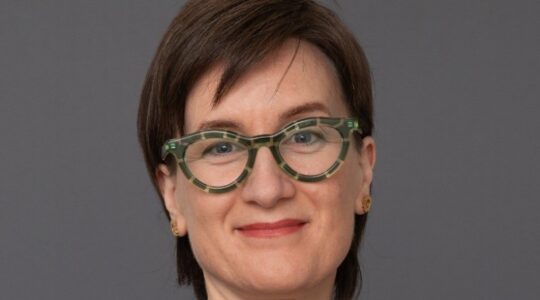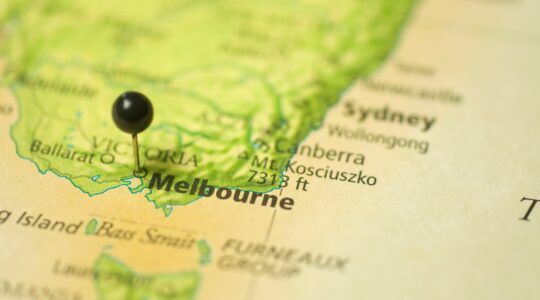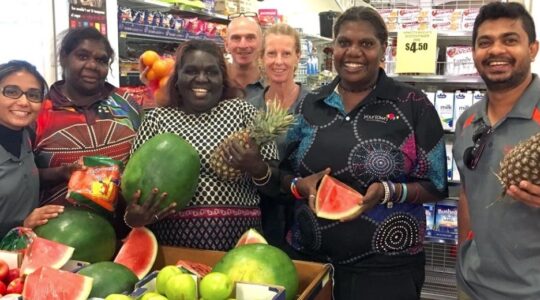A third of Australia’s elderly population is expected to be from non-English speaking backgrounds in just over 20 years, according to new research.
Projections from the Centre of Excellence in Population Ageing Research (CEPAR) show migrant backgrounds and cultural and linguistic diversity were set to boom among older Australians.
CEPAR Chief Investigator Peter McDonald said a new research brief on migration and ageing found over the past decade, the average Australian had become one year older and three percentage points more likely to have been born overseas.
The Honorary Professor of Demography at the University of Melbourne said this trend was feeding into the older population in Australia.
“By 2056, there will be about five times as many older Australians from Asia as there were in 2021, and they will make up a fifth of the older population aged over 65,” Professor McDonald said.
“By then, a third of the older population is expected to be from non-English-speaking countries (and) numbers of older Australians from South Asia will grow the fastest.”
The report showed both how migration affected the cultural makeup of the older population and how it offset the rate of population ageing.
“Pre-pandemic migration levels, alongside further increases in mature age labour force participation, would be enough to stabilise some of the economic impacts of population ageing,” Professor McDonald said.
The report also showed Australia was already very diverse.
About a half of Australian adults were born overseas or had parents born overseas, over a third were migrants, and a quarter were born in a non-English speaking country.
Report lead author Rafal Chomik said there was also major differences by age.
“For example, by ancestry, while the majority of Boomers are Anglo-Celtic, Millennials are probably the least European and first minority Anglo-Celtic generation since colonisation,” Mr Chomik said.








